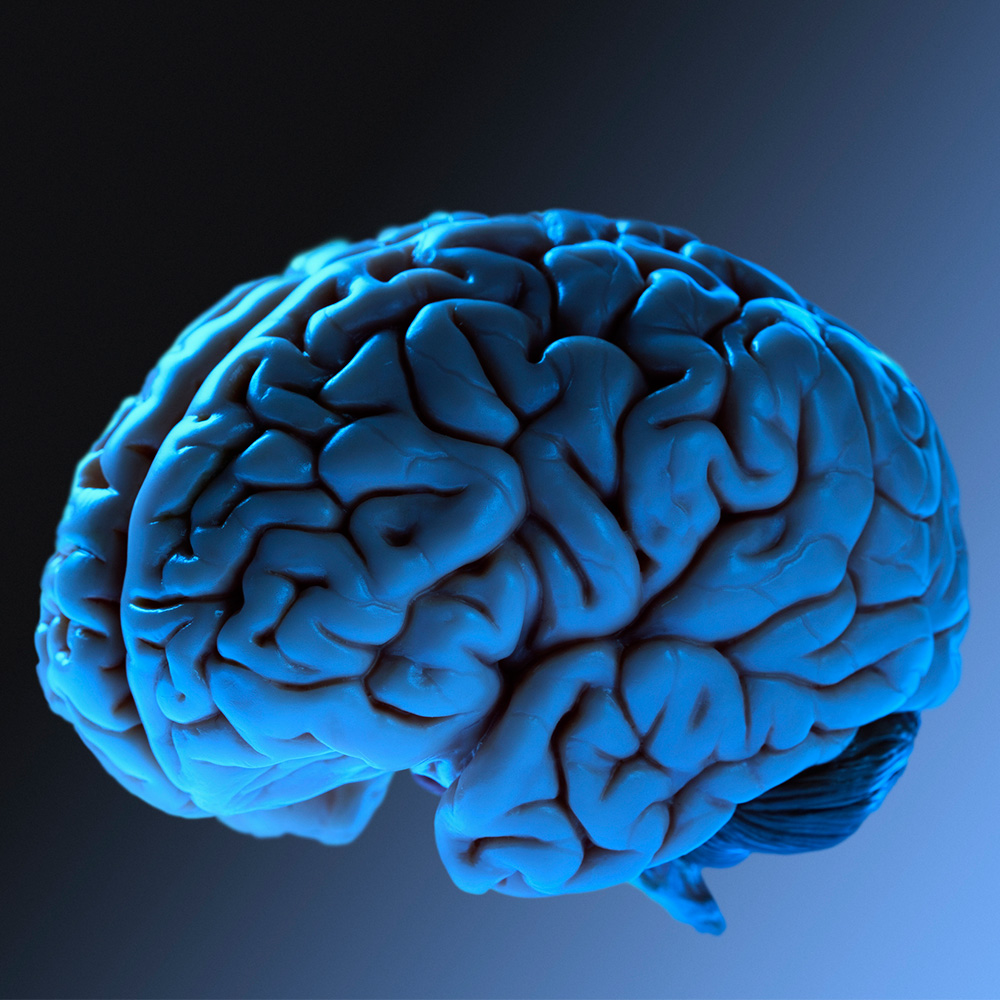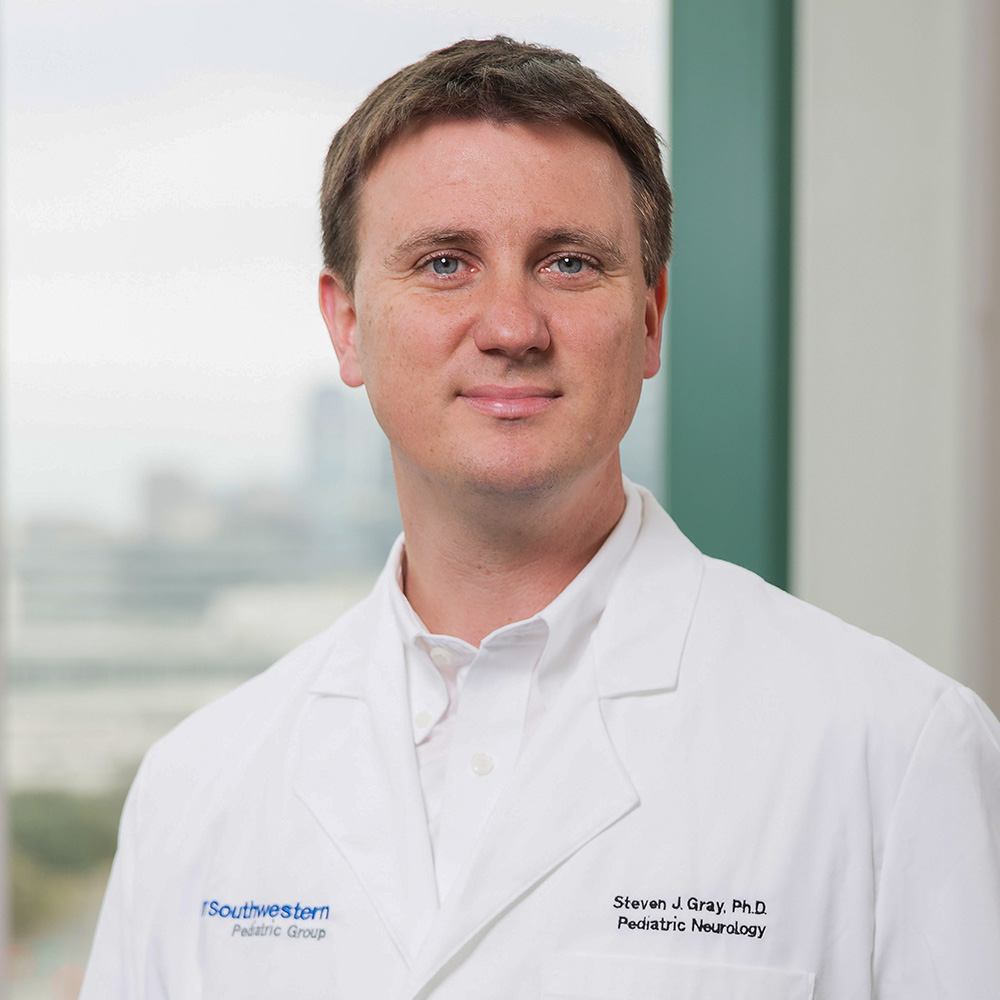Center for Depression Research and Clinical Care established with $5 million gift from Hersh Foundation
DALLAS – May 18, 2015 – The Hersh Foundation has made a $5 million lead gift to Southwestern Medical Foundation to help establish the Center for Depression Research and Clinical Care at UT Southwestern Medical Center, as well as to endow the Julie K. Hersh Chair in Depression Research and Clinical Care. The goal of the Center is to accelerate new discoveries into the causes and treatment of depression, bipolar, and related conditions.

The new Center, led by Dr. Madhukar Trivedi, Professor of Psychiatry and Chief of the Division of Mood Disorders at UT Southwestern, will take a comprehensive approach to:
- Detecting illness at an earlier and more treatable stage through the study of biomarkers, treatment options, and delivery methods;
- Developing a more scientific method for personalized treatment, directing patients quickly to the best portfolio of treatment; and
- Providing leading-edge care for treatment-resistant mood disorders.
“The possibilities for significant advances in the understanding of depression and bipolar disorders have never been greater,” said Dr. Daniel K. Podolsky, President of UT Southwestern. “UT Southwestern’s rich research environment has paved the way for important discoveries. The Hersh Foundation’s generous gift supports the next important step − finding the biological foundations that can help us design more effective diagnoses and treatments tailored to an individual’s needs,” added Dr. Podolsky, who holds the Philip O'Bryan Montgomery, Jr., M.D. Distinguished Presidential Chair in Academic Administration, and the Doris and Bryan Wildenthal Distinguished Chair in Medical Science.
Founded in 1997 by Julie and Ken Hersh, the Hersh Foundation promotes mental health and cultivates future leaders through investments in organizations primed to create quantum-shift change. Julie Hersh, President of the Hersh Foundation, boldly detailed her struggles with depression in her book, Struck By Living: From Depression to Hope, and became a national advocate to highlight the need to better understand depression. She published her insights in the Journal of Medical Ethics and is an active member of the Patient Advisory Council for the International Society of ECT and Neurostimulation.
“Today, most people wait for a ‘Stage IV’ level of symptoms before seeking treatment for mental illness,” said Mrs. Hersh, a board member of Southwestern Medical Foundation and numerous other Dallas institutions, who also served on the advisory board to develop the Center. “Just as with breast cancer, most mental illness caught in an early phase and with the right treatment applied can be managed. Late reaction results in massive collateral damage – problems at work, familial strife, and even suicide. Dr. Trivedi and UT Southwestern are uniquely qualified to craft a more scientific approach for early detection and personalized treatment.”
Kathleen Gibson, President and CEO of Southwestern Medical Foundation, noted, “Julie has been one of the most informed and active members of the Board of Southwestern Medical Foundation, encouraging the enhanced visibility of the Foundation and the work it supports through service on our Public Affairs committee. This important gift and Julie’s passionate work in helping to advance the science and treatment of depression has been the definition of community leadership in action.”
The Center’s vision is to eliminate the devastating effects of depression on millions of lives by replacing the current trial-and-error treatment approach with the use of personalized medicine.
“There is an urgent need to identify brain, blood, and behavior-based diagnostic tests in order to improve early recognition,” said Dr. Trivedi, who holds the Betty Jo Hay Distinguished Chair in Mental Health. Dr. Trivedi received the 2015 American Psychiatric Association Award for Research, the Association’s most significant award for research.
According to Dr. Trivedi, the resulting tests could then be used to drive precision medicine for these conditions. Initially, clinical data will be collected from 2,000 individuals receiving treatment to identify biosignatures that can help predict outcomes.
As one of the landmark projects of the Center, Dr. Trivedi also will initiate a project that will follow teens and young adults through high school, when they are most vulnerable, to identify mood management issues.
UT Southwestern researchers have successfully demonstrated the impact of therapies beyond medication, including exercise, psychotherapy, and brain stimulation. In addition, the Center will focus on the impact of depression on the recovery from other diseases, such as cancer, cardiac disease, and diabetes. The Center will capitalize on the need for a comprehensive approach that is focused on achieving sustained wellness.
The Center combines basic research, translational clinical research in genetics, functional brain imaging, and treatment research across the entire age span, with a special focus on treatment of resistant, chronic, or recurrent depressions – the most disabling form of the disorder.
“The Center will be built on the principles of scientific rigor, interdisciplinary collaboration, and open innovation, which already define UT Southwestern’s biomedical research and clinical programs,” Dr. Trivedi said. “With support from the Hersh Foundation, we can advance the frontiers of mood disorders research, swiftly translating scientific discovery into clinical practice, and soundly restoring the full resilience of living to those on the cusp of losing hope. I am particularly indebted to Julie Hersh for her amazing advocacy and unwavering support for the creation of this Center.”
About UT Southwestern Medical Center
UT Southwestern, one of the premier academic medical centers in the nation, integrates pioneering biomedical research with exceptional clinical care and education. The institution’s faculty includes many distinguished members, including six who have been awarded Nobel Prizes since 1985. The faculty of more than 2,700 is responsible for groundbreaking medical advances and is committed to translating science-driven research quickly to new clinical treatments. UT Southwestern physicians provide medical care in 40 specialties to about 92,000 hospitalized patients and oversee approximately 2.1 million outpatient visits a year.
About Southwestern Medical Foundation
Southwestern Medical Foundation continues to celebrate its 75th anniversary – a milestone which provides the Foundation an opportunity to recognize the impact our community has had in advancing the important cause of academic medicine, research and medical education.
In 1943, the Foundation established Southwestern Medical College and helped to nurture its growth from a fledgling medical school into one of the preeminent medical research and academic centers in the world. Today, UT Southwestern Medical Center enjoys an international reputation for discovering the basis for disease through research, applying the discoveries to the clinical care of patients, and educating the next generation of health care professionals.
For 75 years, it has been the Foundation’s privilege to foster a unique culture where generosity can be imbued with meaning. The Foundation currently manages over $800 million across 1,000 funds, creating a financial resource that will enable advances in health care benefiting the citizens of this community, state and nation for years to come.
For more information, please visit swmedical.org
###
Media Contact: Gregg Shields
214-648-3404
gregg.shields@utsouthwestern.edu
To automatically receive news releases from UT Southwestern via email, subscribe at www.utsouthwestern.edu/receivenews




